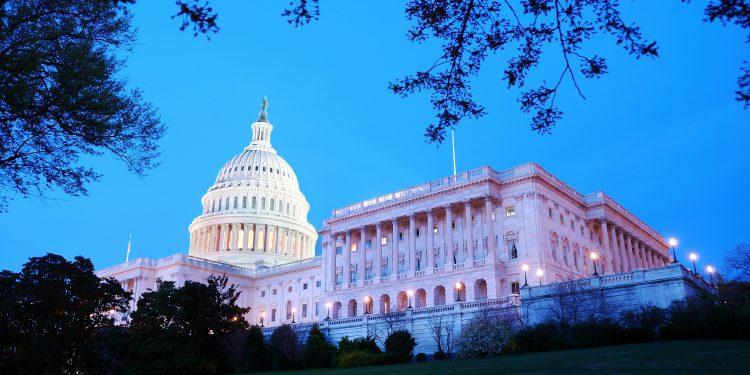In a crucial move to avoid a partial government shutdown, the U.S. House of Representatives has passed a stopgap bill to fund the federal government through early March 2024. The bill, which received bipartisan support, is now headed to President Joe Biden for final approval. This development comes as a relief amidst heightened political tensions in Washington.
The passage of this bill is significant as it prevents the disruption of numerous federal services and operations that would have ensued due to a lack of funding. The stopgap measure will ensure that federal agencies continue to function and employees receive their paychecks uninterrupted.
This funding decision arrives at a time of intense partisan divisions in Congress, where issues ranging from immigration policy to health care reforms are causing deep rifts. The bill’s passage is a rare instance of bipartisan agreement in an increasingly polarized political landscape.
The agreement to fund the government temporarily indicates both parties’ recognition of the need to avoid a shutdown, especially given the current economic and geopolitical challenges facing the nation. However, it also underscores the challenges in reaching long-term solutions to the fiscal issues plaguing the federal government.
As the deadline for funding loomed, there was growing concern about the potential impacts of a shutdown, including the suspension of various public services and a possible hit to the economy. The decision to pass the stopgap bill reflects a commitment to maintaining government stability and operations while broader fiscal debates continue.
Looking ahead, lawmakers face the daunting task of negotiating longer-term funding solutions and addressing the underlying fiscal challenges. This temporary funding measure is a stopgap, not a solution, signaling the need for more sustainable fiscal policies and bipartisan cooperation in the coming months.



























